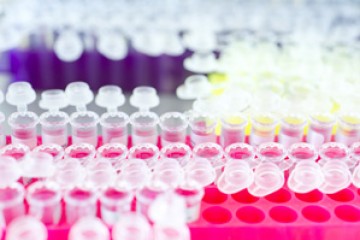PhD Studentship
Development and characterization of a novel endothelialized in vitro model of human atherothrombosis

At a glance
Completed
Award date
October 2019 - September 2022
Grant amount
£90,000 (Joint award with BHF)
Principal investigator
Dr Sarah Jones
Co-investigator(s)
- Dr Stephen White
Institute
Manchester Metropolitan University
R
- Replacement
Read the abstract
View the grant profile on GtR
